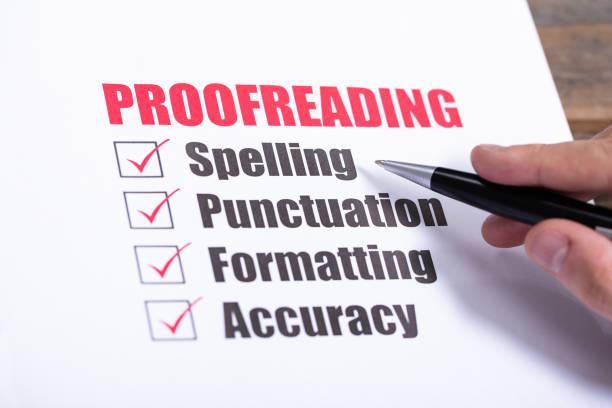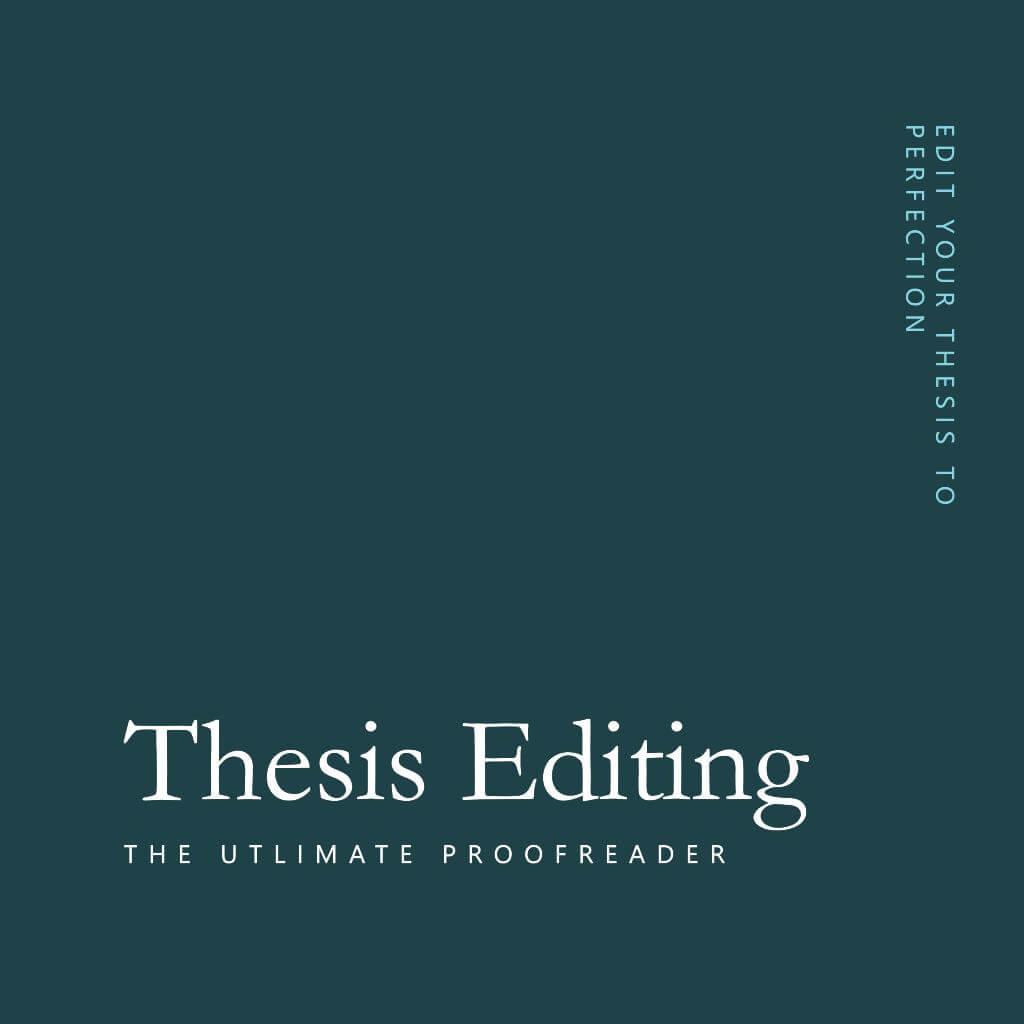- Home
-
For Academics
- In-depth Dissertation Proofreading & Editing Service
- Advanced Essay Proofreading Service
- Paraphrasing Services
- Journal Article Proofreading & Editing
- Text Reduction Service
- Proofreading Research Proposals
- Thesis & Dissertation Formatting
- Practical tips on dissertation writing
- Writing a thesis abstract
- Writing a thesis statement
- For Book Authors
-
For Businesses
- Business Proofreading Service
- Business Editing Service
- Business Substantive Copy-editing
- Legal Proofreading Services
- Proofreading Services for Freelance Journalists
- Copyediting & Proofreading Services for Professionals
- Proofreading Services for PR & Marketing Firms
- Proofreading & Editing for Translation Companies
- Proofreading Resources
- About us
- English language blog
Dissertation Proofreading Services UK - Thorough, efficient and affordable
Proofread and edit your dissertation or thesis in depth for language, style, structure and clarity. Native specialist UK academic proofreaders 24/7. Fast, affordable and easy to order. Upload your dissertation now.
In-depth Dissertation Proofreading Services UK
The Ultimate Proofreader is a UK-based specialist provider of rigorous and substantive dissertation proofreading services.
We provide academics, researchers, and MA and PhD students with bespoke proofreading and editing services designed by experts to help you submit a strong dissertation.
Our academic editors will thoroughly scrutinise your manuscript to ensure it is free of English spelling, grammar, and punctuation errors and is written in high academic style.
Our services are secure and affordable, and start from as low as £10.50 per 1,000 words. We also offer special discounts and a free sample option. We are available 24 hours a day, every day of the year.
Over 90% of our new clients come through direct recommendations and word of mouth because of the quality of our work.
Why choose us?
What do we do for academics?
We review dissertations and theses in depth to:1) Improve your sentence formation and adjust your tone to be formal and academic
2) Enrich your academic terminology/vocabulary and remove colloquial, inappropriate and informal expressions
3) Correct your in-text citations and bibliography, depending on your referencing system (APA, Harvard, Chicago, OSCOLA, etc.)
4) Enhance clarity and remove any ambiguity or wordiness in your text and flag up inconsistencies
How to order
2) Pay: Complete the payment via a safe payment method. We accept payments via PayPal or direct bank transfer.
3) Receive: Receive two copies of your paper: a track-changed version and a clean copy ready for immediate use – with useful feedback.
Edit your essay to perfection
Well-written essays go a long way towards a high grade. With our graded essay proofreading and copy-editing service, we will ensure your essay is concisely written, perfectly structured and to the point. We guarantee you will be 100% satisfied with our service. Request a sample.
Present a successful research proposal
Improve the chances of your academic research proposals with our tailored English copy-editing services for academic research proposals.
Our team of dedicated and highly experienced editors will review and enhance your proposal at multitple levels: idea, writing, and structure.
We have helped thousands of academic students secure a place at their dream universities.
Get your journal article published
With our extremely rigorous journal editing and proofreading, we will help you get your journal article accepted and successfully published.Our journal editors will check your paper in great depth, fixing errors, improving academic word choice and writing style, and reinforcing clarity and coherence in your text.
We will also ensure your article is aligned with your publisher's specific guidelines.
We have helped hundreds of academic authors get their articles successfully published in prestigious peer-reviewed journals, such as Nature and the Lancet.
Book Proofreading & Copy-editing
Whether it is a fiction or non-fiction, our bespoke book proofreading and editing services are guaranteed to make a real difference in your draft.Our expert book proofreaders and copy-editors, themselves published authors, will look at your language, storyline, narrative and writing style through critical lens.
We also offer useful suggestions.
Improve your business reputation with comprehensive proofreading
As a business, the quality of your written content has a direct impact on your image and reputation.
Be it website material, business proposal, corporate reports, or any other business text, we will ensure it is professionally written to deliver your message strongly across and leave a great impression on your prospective clients.
We serve all types of businesses, including marketing & PR companies, translation providers, and law firms.
Paraphrasing Services UK
Citing from other sources of academic literature without paraphrasing is an act of academic plagiarism – a serious offence.
This is where we come in.
Our manual paraphrasing service is delivered by highly-qualified and skilled paraphrasers and text rewriters who will expertly and professionally rewrite and paraphrase your text.
While changing your wording and style, we will keep your original intended meaning intact. Need help with paraphrasing a document? Drop us a line.
Complaint procedure
We strive to achieve 100% customer satisfaction. In the unlikely event that you are not completely happy with the service we have provided, just send us a detailed email and back it up with evidence. We will investigate and make things right for you.Join us
We often need experienced English language proofreaders/editors for our thesis proofreading and editing services as well as text rewriters/paraphrasers.
If you have got what it takes to deliver an excellent edit, proofread or paraphrase, we would love to hear from you.
Drop us a line with your CV, detailing your previous work experience.
Testimonials
"Thank you for the kind help last day with my thesis. Your advanced thesis proofreading made my supervisor like so much my paper. I also learnt not to use there is and there are in dissertation writing," Dan, PhD student.
"I found the Ultimate Proofreader to be fast, efficient and thorough. They turned my urgent little job around in less than three hours. Brilliant!" David M. H., book author.
"The service was very useful because the tips taught me how to use the full stop correctly in my dissertation, inside or outside quotes, and also the team did a great job on my paragraph length in the thesis," Ali, a PhD student.
"Great quality of work, very reliable and friendly service. We (everyone on my team at work) highly recommend the Ultimate Proofreader!" Talia La Rosa, Human Rights Papua Organisation.
"I searched a lot for a really professional law proofreading services provider as I study in the UK. The Ultimate Proofreader is honestly the one I needed. I particularly like their marginal annotations," Kesmat, a Master's degree student.
"I got my translation edited by the Ultimate Proofreader and it was just spot on, high recommend them," Aber al-Taies, a representative of an Arabic translation service.
"We highly benefited from the legal document proofreading services provided by the Ultimate Proofreader," Jacob, a lawyer.
"I have used other proof reader in the past, but Ultimate profreader are definitely the best for dissertation proofreading services UK based. I do not hesitate to use them again and also to recommend them to any one who needs a reliable, friendly and professional master thesis proofreading," M Malik, a lawyer.
"I tried a few dissertation review services companies to proofread my dissertation but the Ultimate Proofreader's proofreading and editing services are a game changer, really," Alex D, a medical PhD student.
"Thank you Ultimate Proofreader for your outstanding edits and suggestions in my document, was great business proofreading services" Mark, a business owner.
"Great Service
I have tried a couple of proofreaders before, ever single one of them making proofreading as Grammarly can do as free. The Ultimate Proofreader is a great exception in this community. Every single correction they made is unique. My essay quality had been increased with them. They are kind and response emails quickly. Definitely recommend it."
A. Ahmed - on Trustpilot
"The highest quality I ever received for…
The
highest quality I ever received for my PhD. It’s my second year with
Ultimate proof reader. Mr Ibrahim and Dr David always helpful and
patient. David alway deliver before the agreeing time and he is not only
proofreading but he gives comments and extra advice on my work. He can
transfer a very basic document to exceptional one."
Zeynep K - on Trustpilot









